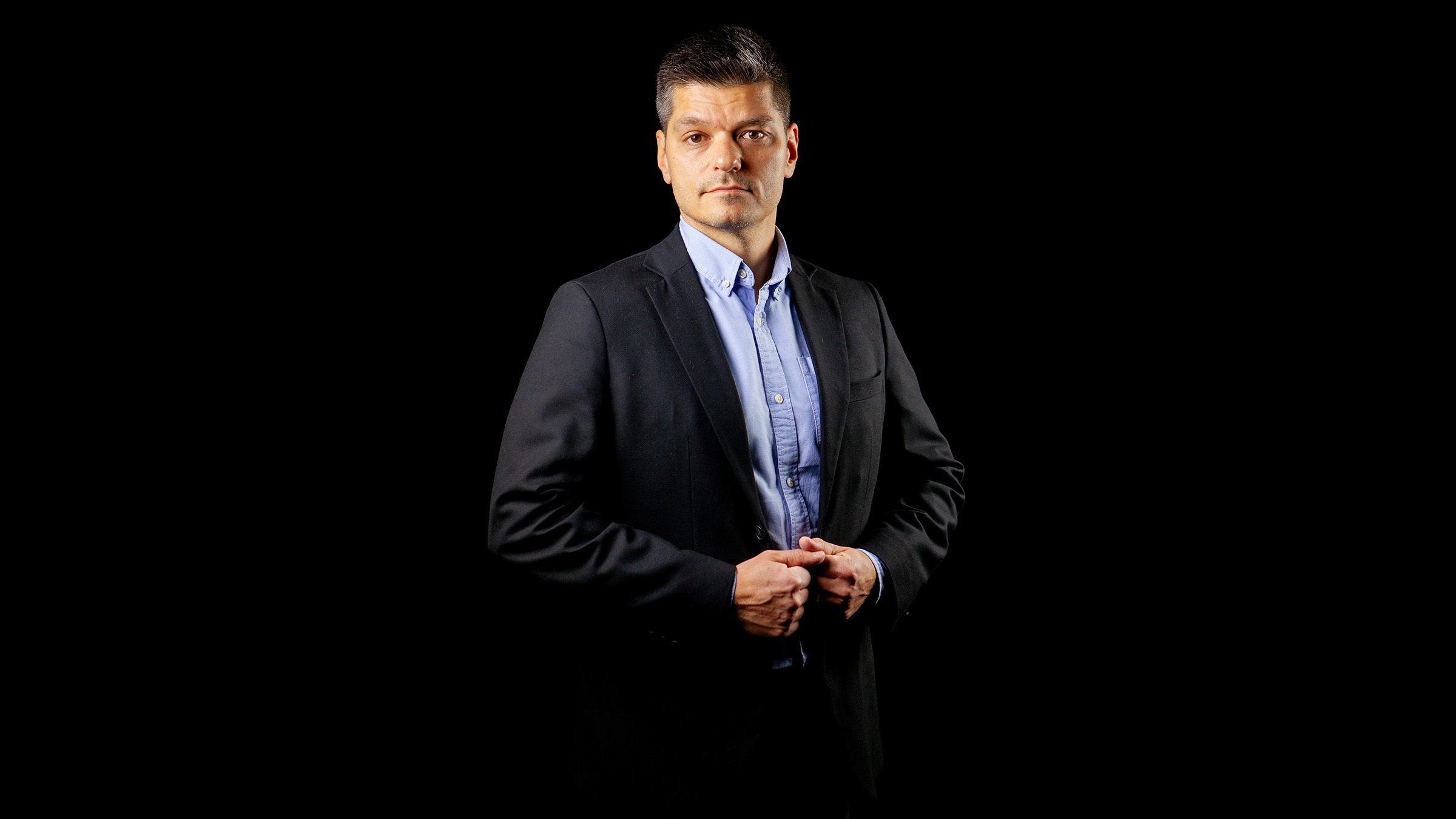A few weeks ago I wrote a blog post called Securing EU funding. The idea was to let our stakeholders know about ICT Proposers’ Day. The communication efforts from us at Sitra, Business Finland and others were clearly a success: overwhelming interest meant we had to stop the enrolment process the weekend before the event. Over 3,000 people registered and 2,462 participated in the event. But how about the funding? I and many others would be quite interested to know if any EU funds were secured.
The first time I heard about ICT Proposers’ Day was from Hanna Vuorinen of the Ministry of Economic Affairs and Employment in May 2018. We were talking about influencing within the EU, the upcoming presidency and Sitra’s data economy focus area. Hanna mentioned that the European Commission might ask Finland to organise an ICT Proposers’ Day but that it would also require partners to secure funding.
Sitra has built a vision of a fair and sustainable future and we carry it out through the themes. As an event that makes use of ICT companies and the research field, ICT Proposers’ Day is clearly aligned with Sitra’s goals. It fits especially well with the capacity for renewal theme which aims to strengthen the will and capacity for renewal to give Finland a competitive edge. The same theme helped bring the HIMSS Europe event to Finland.
How did Sitra and Finland benefit from the event? Of course, there were some direct investments. The European Commission invested in providing the event’s infrastructure including the physical structures and audiovisual equipment, catering and personnel expenses. That money went directly to the “Finland Ltd” machine. If we keep calculating the direct flow of euros to Finland, about 1,800 of the 2,500 guests came from abroad. Travel, hotels and money spent here made more profit for Finland Ltd.
But we did not bring the event to Finland solely to attract conference guests. So how about indirect future benefits? How did the event advance Finnish companies’ networking with European partners? Did it help in creating new networks of co-operation for Finnish companies, thus bringing an increased flow of EU R&D funds to Finland? Horizon 2020 funding cannot be considered a benefit of the event, as Finland would have received those funds even without the event. R&D funds are a good measure, but sustainable growth comes out of products and services created with those funds. This could be called “qualitative growth”, to use the terms of the Act on Sitra. Whereas euros invested directly in Finland as a result of the event are easy to measure, the final qualitative benefits are nearly impossible to quantify.
The results of a survey of four EU member state companies encourage companies to be pioneers in the fair data economy.
In addition to all of this, we made fair data economy more visible and furthered its goals. At the event’s Suomi village and in one evening event organised in co-operation with the City of Helsinki at Helsinki City Hall, we presented four pilots and projects we have funded. The pilots’ implementers were satisfied with the event and reported making many new contacts. The pockets of yours truly also now contain quite a stack of business cards and our network has grown. In a side event, we also published the results of a survey of four EU member state companies. The results encourage companies to be pioneers in the fair data economy.
There is great interest in the fair data economy at the European Commission, and I believe that our work in promoting it will have an effect on the EU work programmes over the coming years. From here, it is good to continue on to next week’s NGI forum and MyData 2019, which take over Wanha Satama between 25 and 27 September in Helsinki. Sitra’s side event for companies New Data Economy Rainmakers @MyData2019 will be streamed on 26 September at 8.45-10.15 (UTC+3).
#IHAN #ICTPropDay #MyData

















Recommended
Have some more.